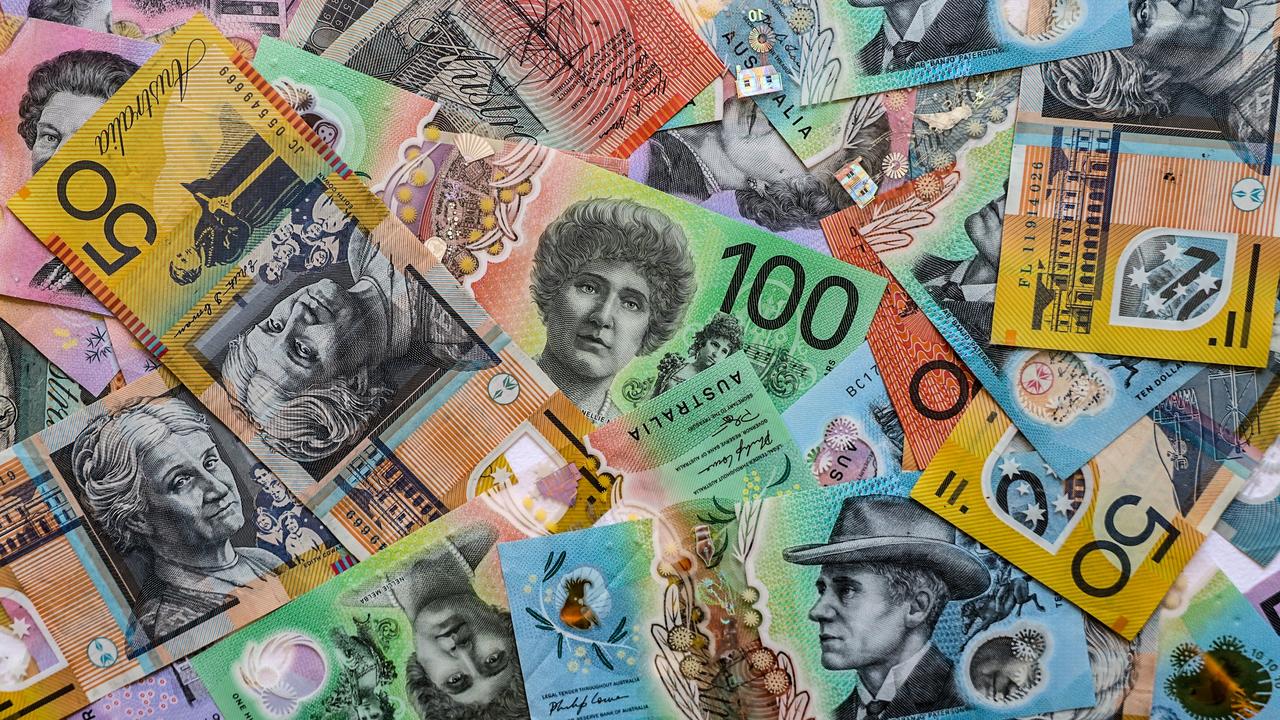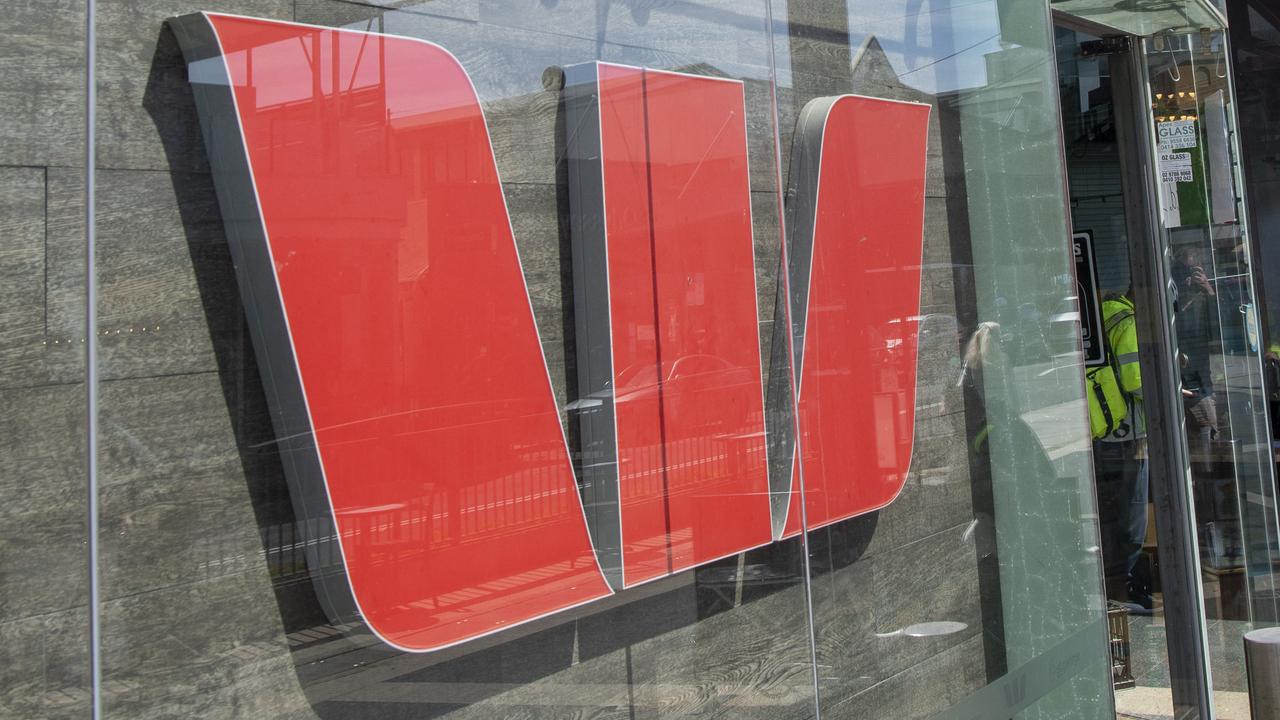Think twice before you go after encyclopaedic stardom like these Wikipedia rejects
THINK you’re important enough to be on Wikipedia? You could be in for a rude awakening, like these wannabes. Meet the corporates whose bid for encyclopaedic stardom has fallen flat.
Careers
Don't miss out on the headlines from Careers. Followed categories will be added to My News.
IF YOU think being on Wikipedia is the pinnacle of cultural success, you could be right. But think twice before you launch a bid for encyclopaedic stardom.
Creating an entry on the online encyclopaedia could bring more embarrassment than kudos, especially if you are not au fait with how the collaborative resource works.
Like Macquarie University’s Deputy Vice Chancellor Deidre Anderson, whose draft profile was rejected not once, but three times by Wikipedia’s editors.
Adding humiliation to defeat, one user added some advice to the page, which is publicly accessible: “Take the hint from the Wikipedia editors and move on!”
Ms Anderson told news.com.au she was considering abandoning the project after being subject to criticism.
“I thought it would be a useful tool to use when people requested information about me,” she said.
“It’s been a journey making sure that all the requirements are fulfilled.”
While she certainly got more than she bargained for, Ms Anderson is not alone.
They don’t come up in Google search results but, behind the scenes, Wikipedia is littered with draft profiles of Australians who have achieved not quite enough to be counted among the internet’s Seriously Important People.
You can find them by performing an advanced search on the Wikipedia site and filtering the results by clicking “drafts” instead of “articles”.
There’s nonfiction author Scott Brodie — whose draft profile says he has published more than 135 books in a career spanning three decades — along with Brisbane artist Alice Lang, Adelaide academic and former Rhodes Scholar Lisa Hill, Melbourne photographer Warren Breninger and Queensland tourism professor Sara Dolnicar, to name a few.
Like Ms Anderson’s profile, they were judged to have failed to establish sufficient “notability” to qualify for a Wikipedia page — put simply, their role in Australian life is not important enough to be included in the resource.
It sounds harsh, but think about the physical equivalent: how many of us would expect to see our names inscribed in a leather-bound encyclopaedia?
Nonetheless, with the seemingly limitless space of the digital world — and the pressure on us all to broadcast our professional achievements — it’s only to be expected that people will seize every available opportunity for self promotion.
But experts warn the approach is misguided, and can backfire — as it did with one prominent individual, who was forced to hire a fulltime editor to monitor his Wikipedia page to defend it against a one-man smear campaign.
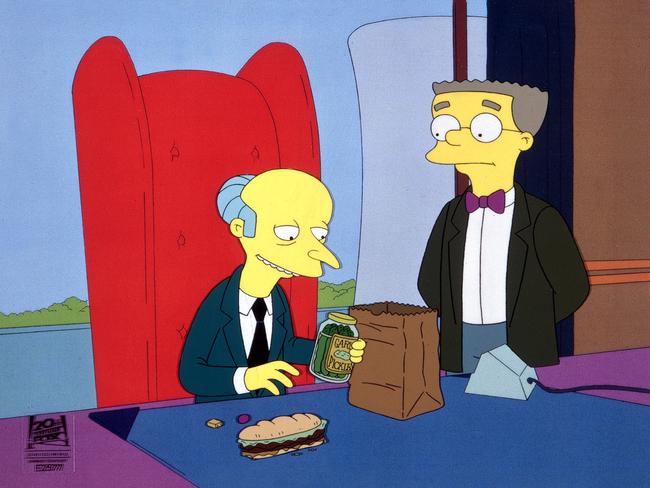
Fleur Brown, a public relations professional who works in the field of personal branding, said having a Wikipedia profile could be “a double-edged sword”.
“I’ve dealt with a lot of VIPs and semi-celebrities who have really wrestled with it,” Ms Brown said.
“One guy had to employ someone to keep correcting his Wikipedia profile, because someone was out to get him, an unemployed person who had time to spend all day editing it. It went to court, it was a nightmare.”
She said the best way to safeguard your reputation was to take advantage of opportunities to be featured in online material that accurately reflected your achievements.
That way, if you do end up on Wikipedia, there will be plenty of external references you can link to in order to have these positive materials approved by editors.
However, she said it was “not a good look to be seen to be creating your own profile.”
“You should only have a Wikipedia entry when you have reached a certain status in popular discourse,” Ms Brown said.
“To go on and create your own Wikipedia entry probably subverts the purpose of it ... My tip for people who are that motivated is get a personal website. It’s something you can set up pretty quickly and easily, for free, and that you can control.”
While not banned outright, writing one’s own Wikipedia entry is definitely considered poor form by hard line followers of the resource’s neutrality guidelines.
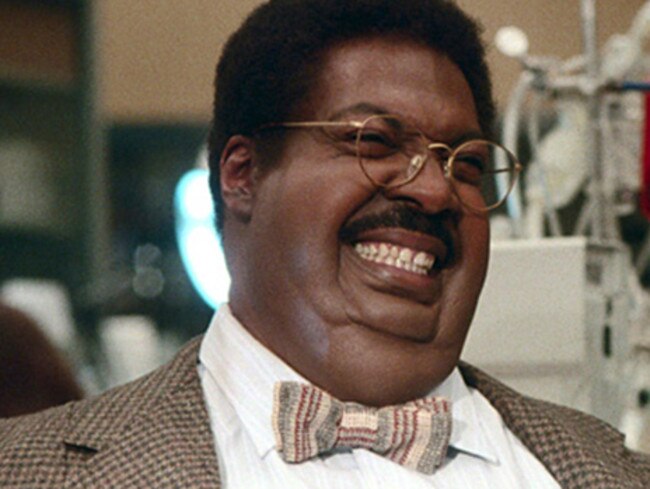
In an email to news.com.au, Ms Anderson confirmed that she was behind the entry, which details her life and career and includes and impressive list of achievements — from her work as a sports psychologist with Cathy Freeman and Ian Thorpe, to her academic endeavours, media appearances and philanthropic pursuits.
“My executive assistant collated all the information on my behalf, but it was submitted by me,” she said.
The entry remains in limbo, red flagged by editors for being written in a “promotional” tone, breaching Wikipedia’s strict neutrality guidelines, and for being poorly referenced.
She later indicated that she was rethinking the project, writing in an email to news.com.au: “I not am sure whether I will bother progressing.”
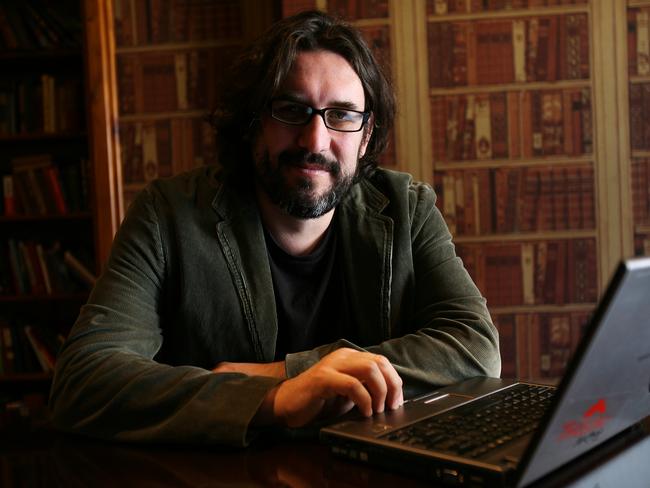
DO YOU REALLY DESERVE TO BE THERE?
Advertising guru and consumer psychologist Adam Ferrier said that while having a Wikipedia page appealed to the ego, other platforms could actually be more effective at boosting professional status.
“What’s intriguing is the tension between the appearing vainglorious and just wanting to have a true reflection of your business profile online,” Mr Ferrier said.
“When people overstep the mark it looks a little bit icky, but no real harm is done.”
He said Wikipedia was known for its objectivity, something most social media platforms didn’t have.
“Because it’s truly consumer generated, most people think that if you’re on Wikipedia, you’re there because objectively the world thought that you deserved to be there,” Mr Ferrier said.
“But I’m sure there are thousands of examples of businesses and individuals curating their own profiles.”
However, many would not be considering the risks, letting their “optimism bias” lead them astray.
“I think people who are wanting to put their details up there are imagining bad things won’t happen to them in the future,” Mr Ferrier said.
He said LinkedIn was a much better place to promote your personal brand, a pursuit that was becoming increasingly normalised — and necessary.
“For many people these days, personal branding isn’t really a choice — it’s just something that happens,” Mr Ferrier said.
“People need to manage their online persona and what it says about them.”
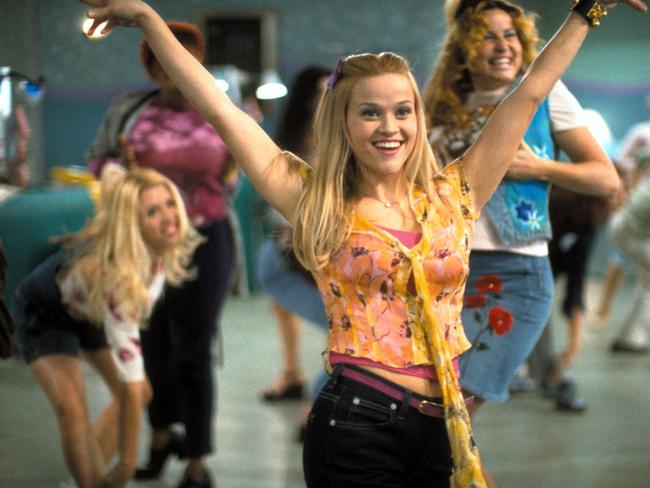
‘BE CAREFUL WHAT YOU WISH FOR’
Last year, American journalist and author Judith Newman penned two articles for the New York Times about her battle to have her Wikipedia profile validated.
After a helpful volunteer editor came to her aid and showed Ms Newman how to properly format the entry, it was finally approved.
But her joy was short-lived, as one of Wikipedia’s editors promptly added in references to her “extensive plastic surgery” (an allegation that was later removed), and her age — which she described as “an epic be-careful-what-you-wish-for moment”.
Then Ms Newman’s profile came under a new attack, by an editor who flagged it for deletion, pointing to her own article as proof that she was a person of “questionable noteworthiness”.
After “a flurry of discussion lasting not more than a few hours”, the editors involved finally agreed to let the profile stand.
“Wikipedia may be a haven for cranks and pedants, but it is also amazing,” Ms Newman concluded.
“Why some guy named SSSilvers, who describes his interests as ‘light opera, musical theatre and global warming,’ would take hours out of his day to noodle with a stranger’s page is mysterious, and yet touching ... Ultimately, crowdsourcing worked exactly as it was supposed to.”
For those thinking of following in Ms Newman’s footsteps, you can save yourself at least some of the strife by carefully reading Wikipedia’s guidelines.
Wikimedia Foundation spokesman Alex Bluestone said the essentials were neutrality, proper referencing and actually being a “notable” business or organisation.
“Determining notability does not necessarily depend on things such as fame, importance, or popularity — although those may enhance the acceptability of a subject that meets the guidelines,” Mr Bluestone said.
“The community of editors who write and edit Wikipedia are always working to keep the site accurate, neutral, and reliable.”
Originally published as Think twice before you go after encyclopaedic stardom like these Wikipedia rejects


